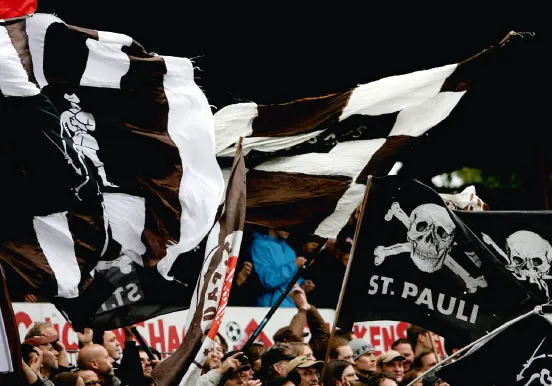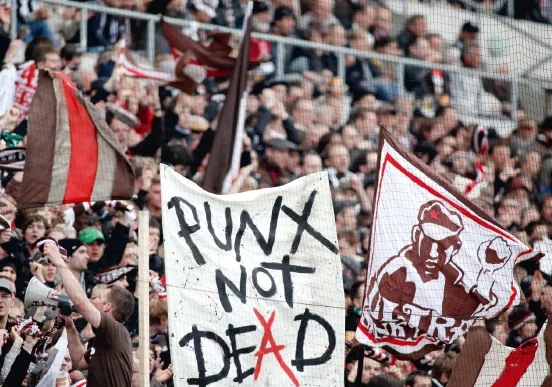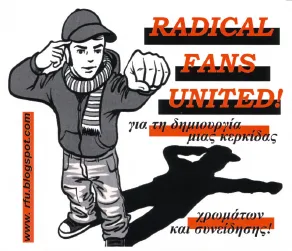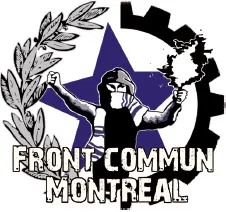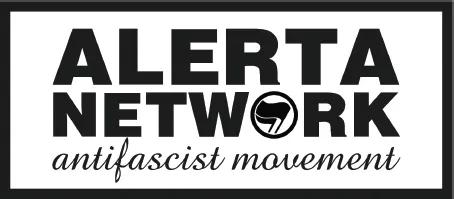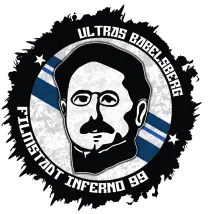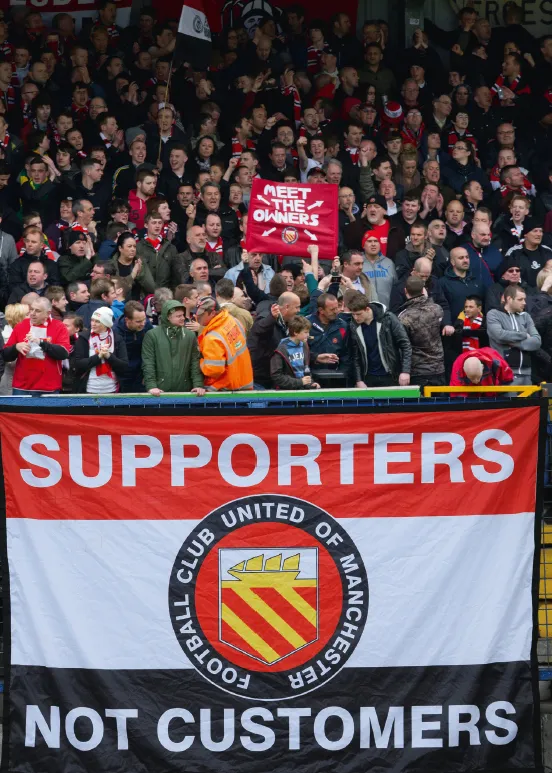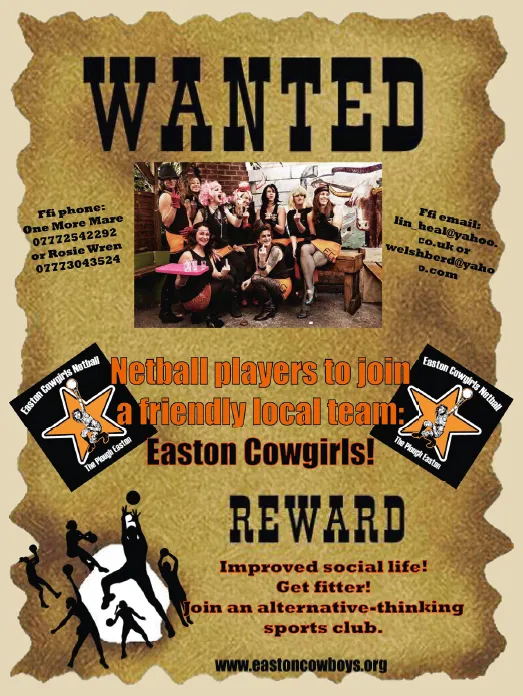![]()
From the Ground Up:
Grassroots Organizing in Sports (1990-present)
Impressions from St. Pauli’s Millerntor Stadium. Photographs by Selim Sudheimer.
Supporters Culture
Since the late 1980s, supporters have increasingly become involved in sports administration, trying to democratize it, to equip it with progressive values, and to counteract commercialization. This has probably been most pronounced in European soccer.
A crucial factor in this development was the emergence of a progressive supporters culture at the Hamburg soccer club FC St. Pauli in the mid-1980s. When squatters from the nearby Hafenstraße started attending the games, they brought their aesthetics and politics with them and began to reshape German soccer supporters culture. Numerous antifascist fan clubs were formed, many of which, in 1993, united in the Bündnis antifaschistischer Fußballfans (Association of Antifascist Soccer Fans), soon renamed Bündnis aktiver Fußballfans and commonly known by its acronym BAFF. BAFF inspired similar projects in other countries, organizations like F_in: Frauen im Fußball (“Women in Soccer”) and Queer Football Fanclubs, and international networks such as Alerta and Ultra Rebels or the more institutional Football Against Racism in Europe (FARE).
The phenomenon of a progressive supporters culture is not reduced to soccer, however. HC Ambri-Piotta, a Swiss ice hockey club, is well known for its left-wing fans. In Greece, Radical Fans United brings together fans from all sorts of sports.
All of these projects address racism, sexism, and homophobia in sports, keep stadiums from turning into mere consumer temples, and encourage supporters to become actively involved in their clubs.
Active supporters culture is a key factor for grassroots democracy and healthy community ties in sports. It is a movement providing plenty of hope.
Sticker of Radical Fans United, Greece.
Logo of Front Commun, a left-wing supporter group of Montréal FC.
Logo of the antifascist soccer supporters network Alerta.
Logo of the SV Babelsberg 03 supporters club Filmstadt Inferno 99— Ultras Babelsberg with an image of Karl Liebknecht. All private collection.
Peter and David Kennedy have edited the academic volume Football Supporters and the Commercialisation of Football: Comparative Responses across Europe (2012), which contains interesting articles but is prohibitively expensive. More affordable are critiques of soccer’s development from the perspective of critical fans. Among recommended titles are John Reid’s Reclaim the Game (2005; orig. 1992), David Conn’s The Beautiful Game? Searching for the Soul of Football (2005), and Matthew Bazell’s Theatre of Silence: The Lost Soul of Football (2008).
There is now also a book in English on the St. Pauli phenomenon, namely Nick Davidson’s Pirates, Punks & Politics—FC St. Pauli: Falling in Love with a Radical Football Club (2014). Interesting articles on St. Pauli in English are available at www.playleftwing.org. Among the innumerable German publications about the club, the St. Pauli Vereinsenzyklopädie (2008), edited by Ronny Galczynski and Bernd Carstensen, remains a good starting point.
BAFF has published two books: Ballbesitz ist Diebstahl (2003) and Die 100 ‘schönsten’ Schikanen gegen Fußballfans (2004). Gerd Dembowski, a longtime BAFF spokesperson, is a prolific author. One of his most original publications is Fußball vs. Countrymusik (2007). For music fans, there is a BAFF sampler titled Music for the Terraces (2003), and a monumental 5-CD box set dedicated to FC St. Pauli, titled St. Pauli Einhundert, which was released on the occasion of the club’s one-hundredth anniversary in 2010.
For the supporters culture of HC Ambri-Piotta, see the article “What Does Geronimo Have to Do with Ice Hockey? An Excursion to a Swiss Valley” at www.alpineanarchist.org.
The website of the St. Pauli Fanladen, an invaluable source for all things St. Pauli, is www.stpauli-fanladen.de. BAFF’s online presence is www.aktive-fans. Other useful websites are www.f-in.org (Frauen im Fußball), www.queerfootballfanclubs.com, www.alerta-network.org, www.rebelultras.com, www.farenet.org, and www.rfu.blogspot.com (Radical Fans United).
Impressions from the stands at FC United of Manchester games. Photographs by Mark Van Spall (top) and Mick Dean (bottom).
Community Sports Clubs
The founding of community sports clubs is one of the most inspiring expressions of active supporters culture. When more and more clubs were taken over by magnates and corporations, some supporter groups decided to simply found their own clubs instead. The most famous example for this is FC United of Manchester, formed after Manchester United FC was bought by the U.S. billionaire Malcolm Glazer. Other examples include the AFC Wimbledon in England, Austria Salzburg in Austria, and Hapoel Katamon Jerusalem in Israel. Some professional clubs have also been taken over by their fans as cooperatives. Among them are Stirling Albion in Scotland, Wrexham FC in Wales, and Bohemians 1905 in the Czech Republic. The American football team Green Bay Packers is the only major fan-owned professional sports team in the United States. There are also sports clubs still based on the principles of the workers’ sports movement, focusing on communal values and social and physical learning rather than on “athletic success.” These clubs range from explicitly socialist ones (Republica Internationale FC in England or Proletären FF in Sweden) to antifascist ones (Roter Stern Leipzig in Germany or FC Vova in Lithuania) to autonomous/anarchist ones (Creu Negra Duatlética in Catalonia or Autônomos & Autônomas FC in Brazil).
One of the best known community sports clubs is the Easton Cowboys and Cowgirls in Bristol. Founded in July 1992 by “twenty punks, anarchists, hippies, asylum seekers and local kids,” the club now has more than ten teams playing in three sports (soccer, cricket, and netball). In an essay retracing the club’s history, founding member Roger Wilson shares the following reflections:
My key point is here that some fundamental ideas that make up the basis of anarchist theory (autonomy, democracy, inclusivity and internationalism) were tested out in a new arena, the sports club, which had been pretty much ignored by the “revolutionary” movement. So whilst Political communities struggled with trying to get people to implement these ideas in their opposite, the political Community (mostly without much success), i.e. informal projects such as the Easton Cowboys Sports and Social Club, were able to actually test these things in practice in a much more pragmatic sense. After all, arming any community with actual experience of these four ideas is always useful even if it is not overtly Political. In fact I would argue that it is precisely because it wasn’t seen as being Political that these ideas were able to flourish and be tested in the “real world.”
Easton Cowgirls netball team recruitment poster, 2011. Design by Lin Heal. Courtesy of Easton Cowboys and Cowgirls Sports and Social Club.
Football allowed the crossing...

